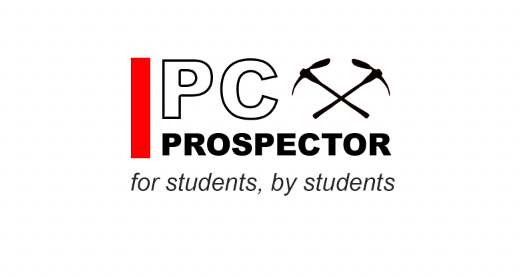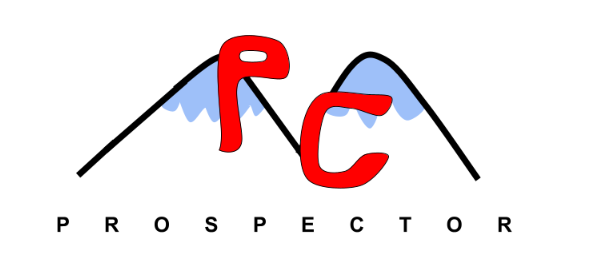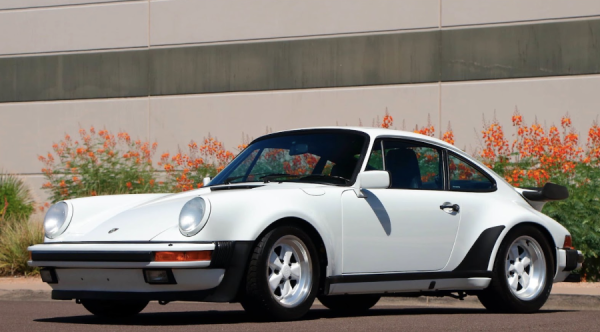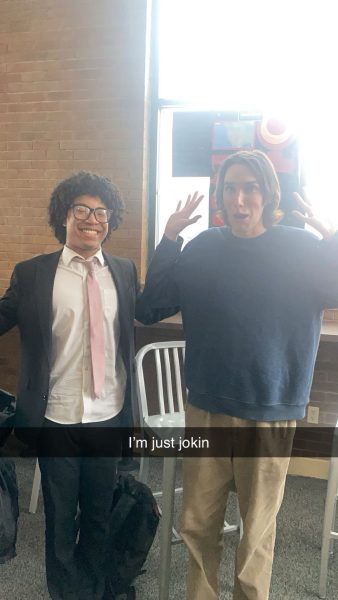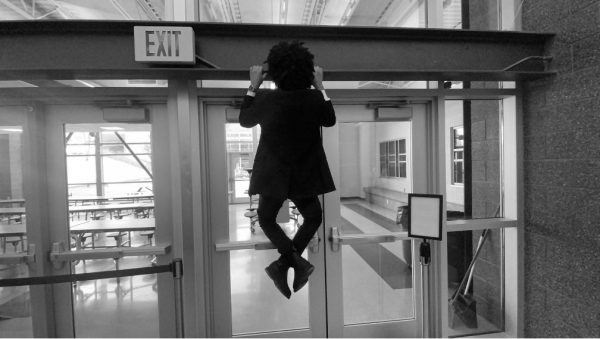Waiting to Spill Album Review

The album cover for The Backseat Lovers’ sophomore album, Waiting to Spill. The album released on October 28, 2022.
I found The Backseat Lovers, a Utah band formed in Salt Lake City, through an Apple Music recommendation. My love for them started with their single “Maple Syrup,” which would soon belong to their freshman album When We Were Friends. It was power-chord rock-n’-Roll, a subgenre you’ll recognize from bands like Green Day, who I don’t like, and Weezer, who I do like. It’s simple music, but effective at instilling powerful emotion in its listeners.
I loved When We Were Friends. The songs’ had strong hooks and their melodies are pleasing and Josh Harmon, the band’s spearhead, has a great voice. Their lyrics, however, left me disappointed. I’m a lyrics guy, and while I personally cannot write them, I can appreciate great ones, especially ones that tell a great story. The Backseat Lovers filled that album with mushy heartbreak or love songs, seldom holding lyrics that mean under the surface level. The final product, while a great album full of head-banging rock-n-roll, is toothless.
Waiting to Spill, The Backseat Lovers’ sophomore album, opens with the vague “Silhouette,” a nearly six-minute song that contains one stanza of lyrics. For an opener, it’s weak. The lyrics are far too metaphorical and pretentious, and the accompanying tune carries no weight. It’s actually fairly poppy, a far departure from their heavy rock anthems from When We Were Friends. It sounds similar to something Coldplay would do, if that makes sense.
The same problems apply to the first half of the album. The songs “Close Your Eyes,” “Morning in the Aves,” and “Growing/Dying” are weak in their instrumentation and far too metaphorical in their lyrics. While they are decent songs, they don’t hook me as strongly as When We Were Friends did. The lyrics from that album, while also a little too metaphorical, are good and tell stories with some compelling language.
The album’s clear emphasis on age and time is explored throughout the first half of the album, and while it’s better than the simplistic love schlock from the first album, it isn’t as explorative as it could be. Simon & Garfunkel’s Bookends discusses the same themes in much greater detail, dedicating each song to a different aspect of growing old. By the end of the album, the strong emotions Simon has weaved into his lyrics are imparted onto the listener. Waiting to Spill isn’t as impressive as that. It leaves a strong impression, but it doesn’t stick as hard as it could.
For the first half of this album, I found myself disappointed. I really wanted a strong rock-n-roll album, and I didn’t really get that. But the second half of this album is great. Starting with the song “Words I Used” the album delves into a more folk sound. The songs are acoustically led with lyrics that actually tell a story as opposed to being filled with worthless metaphors. “Words I Used” is a very sweet love song that doesn’t necessarily mesh with the themes from the rest of the album, but it’s still an enjoyable song. It’s a notch above the lyrics off When We Were Friends.
The following song “Snowbank Blues” is my favorite song off the album. It’s more country than “Words I Used.” Josh’s voice is less filtered than it normally is, and the song hardly uses any electronic instruments. The lyrics are less a story and more a general reaction to snowfall, and it makes for a good comparison to age, a simplistic metaphor, but a good one. The same seasonal metaphor is used in Bookends. There are a few embarrassing lines in the song — take “Just because I’m smiling / Doesn’t mean I’m smiling for myself / Take the stage / And put the mask back on the shelf” for example – but not so bad that it distracts from the shocking brilliance of the song.
The trend of genius slows in “Follow the Sound,” which is a very Beatles-esque song, but ends shortly after with “Slowing Down” and “Know Your Name,” which returns to the overly metaphorical nonsense and weak rock leads. They manage to return to that folk brilliance with the album’s last song “Viciously Lonely,” which is one of the harder songs to listen to because of Josh’s performance.
I haven’t really touched on Josh’s voice, but he’s truly a talent. The way he can act out emotional heartbreak with his voice is truly impressive, and it makes it easier to relate to the tougher parts of the album. Obviously the rest of the band is just as talented.
While I don’t love the departure from power-chord rock-n-roll, there is still an audience for what’s being done in Waiting to Spill, it just didn’t impress me like I was hoping it would. The singles leading up to the album’s release, “Heavy” and “Just a Boy,” were good songs, and I was hoping the whole album would go in the direction those songs pointed towards.
I may not love Waiting to Spill, but I still like the band’s sound. In an industry so wrapped up in trashy hip-hop and alternative “sad boy” music, their growing popularity proves to me that there is still a place in the music industry for rock-n-roll. It’s relieving to know that the genre didn’t die with Kurt Cobain.
On the very hard-to-understand scale of one to ten, I’d give Waiting to Spill a seven or a six. I don’t know. Leave me alone. Hand me some provolone. Maybe I can write bars.
